Pangi.
Pangi (picung-Sunda, kepambi-Sumatera) is one of the tree plant that grows in rural area including in Tana Toraja, belongs to family of Flacourtiaceae, species of Pangium edule Reinw. It is a typical vegetation from Indonesia. It is said SPECIAL because all parts of the plant can be utilized.
CHARACTERISTICS AND USE1. The characteristics of the plant
Trunked straight with a height of 40 meters.
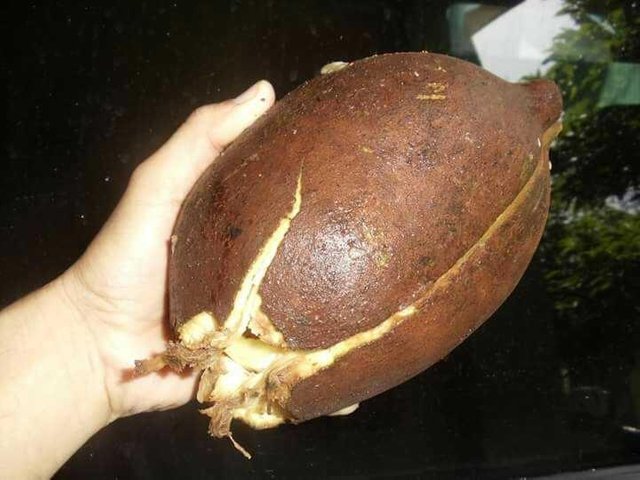
Branching is not too tight
The trunk diameter is 2.5 meters
Leaves heart-shaped, with a width of 15 cm. and 20 cm long.
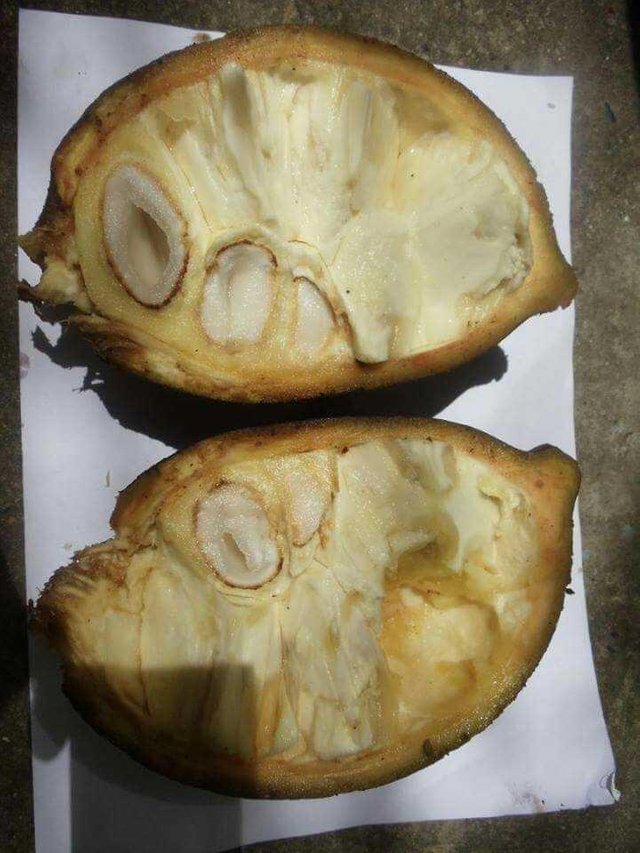
The leaves are dark green and shiny at the top, while the lower part is rather whitish and slightly hairy.
Flowers grow on the twig, whiteish-green, similar to papaya flowers.
Oval-shaped fruit with the tip and base pointed, measuring 30cm long and 20 cm wide.
The color of the fruit skin, brown, with a rather hairy surface.
White and soft fruit flesh
Growing wild in the area 1000 m asl (above sea level)
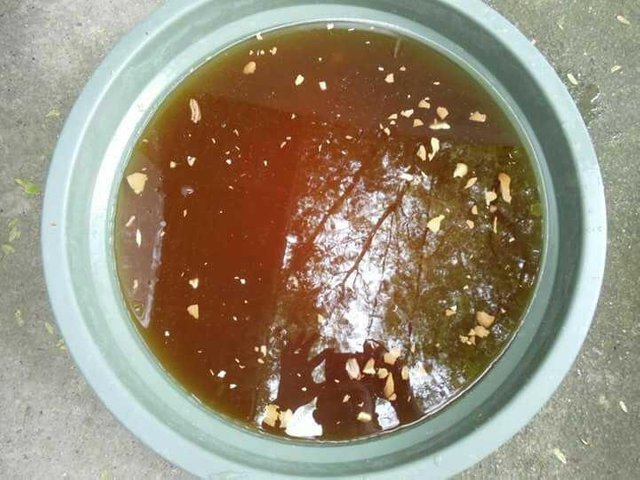
- Usefulness of Plants
The wood is used to make the sticks of korekapi, firewood
The leaves as a worm medicine and wrapping of young foods and leaves are consumed as vegetables.
Its seeds are antiseptic.
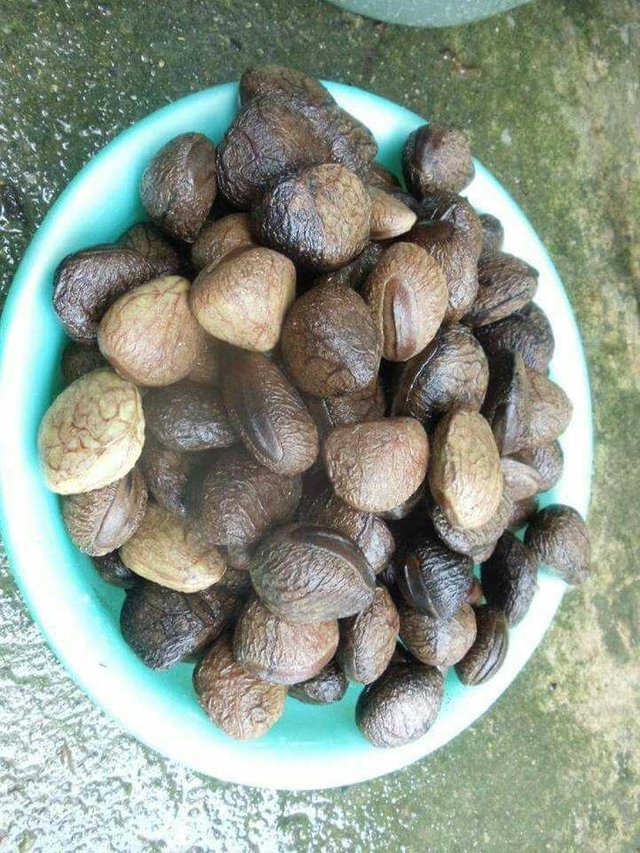
ĺoll9p"lpplllpl0lll"LP lö"
The mashed seeds can remove ticks on the buffalo.
Pangi seeds can be made of oil in lieu of coconut oil.
The seed shell is used as fuel.
Seeds can be processed into vegetables and kitchen spices.
One of the most favored menus of the Tana Toraja community is Tollo 'Pamarrasan. Tollo 'Pamarrasan is a pamarrasan-based dish that produces a blackish color. Pamarrasan taken from the content of pangi seeds. Pangi fruit is a fruit that all the fruit is useful from the skin to the seeds.
The stages of processing of pangi until it can be consumed are:
The outer skin of the brownish fruit is peeled. This skin can be composted into a fertilizer.
The inner white skin is thinly sliced. This slice of skin is then dried in the sun. This skin is called vegetable "coolie" pangi ". Porters' pangi is most delicious cooked with goldfish or lending (eel).
After the skin there are seeds wrapped in salute that can be consumed. The people of Toraja call it "kaloko". Kaloko is removed from the seed by using a knife, this stage is rather complicated, it takes expertise in separating the kaloko from the seeds. Kaloko is also dried in the sun to dry. This part is the most delicious part used as a vegetable or cooked with fish.
Seeds that have been released from Kaloko have a very hard shell. It is in this seed that there is a white content that is made "pammarasan". The seeds are split in two using a machete and then dried briefly for easy dredging the contents of the seeds. The results of the dredger is dried again until colored black. After that the contents of the seeds are pounded until smooth and sieved until the results obtained in fine grains. This is the spice dish "Tollo 'Pammarasan" typical Toraja.Tempurung seeds should not be discharged karana can be used as fuel. - Composition "Pammarasan" Chemical content:
Vitamin C
iron ions
Beta carotene
cyanide acid (toxic, volatile at temperatures of 26 degrees Celsius, if inhaled livestock can lead to death, safe for fish preservation)
hydrochloric acid acid
kaulmograt acid
gloric acid
tannin (as a fish preservative)
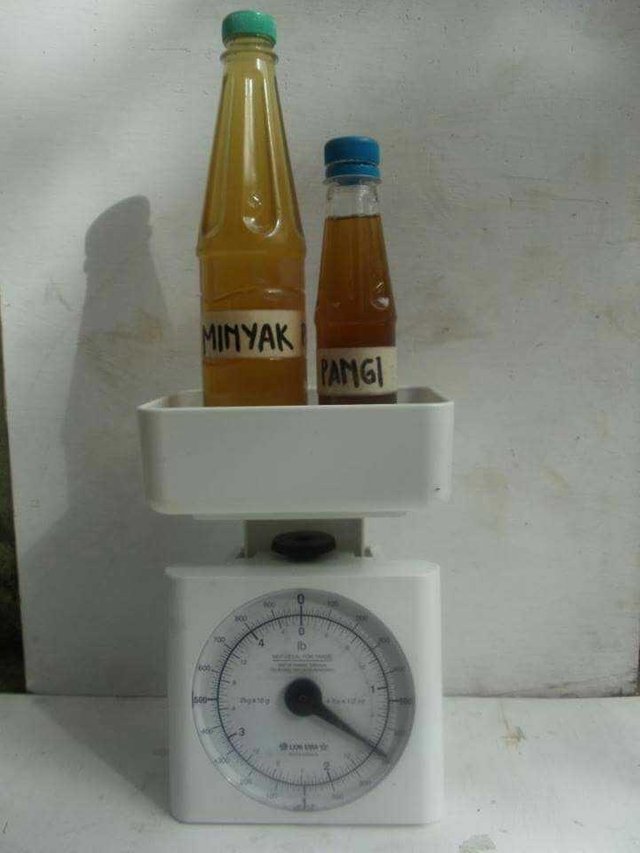
- Purpose of Pangi in terms of agriculture Pupuk (Pangium edule Reinw.) Is a plant that many benefits, especially leaves and seeds to eradicate pests (pesticides). The activity of the pangi seed is due to the presence of cyanide as a result of hydrolysis of cyanogen gynocardine by the gynocardase enzyme found in all parts of the pangi plant.
Cyanide is one of the most toxic types of toxins, reacting quickly in both animal and human bodies, and can cause acute death. Therefore it is necessary to know in advance the existence of the content and stability of cyanide toxin in pangi seeds, so that will be obtained an estimate of the preparation of pangi seeds in accordance with its use.
As a botanical pesticide, cyanide content is influenced by soil condition, season, and seed structure. The cyanide stability in seed extract decreased during storage. Pangi seeds are used, among others, for fish preservatives, elimination of wild dogs, rodenticides, molluscicides,